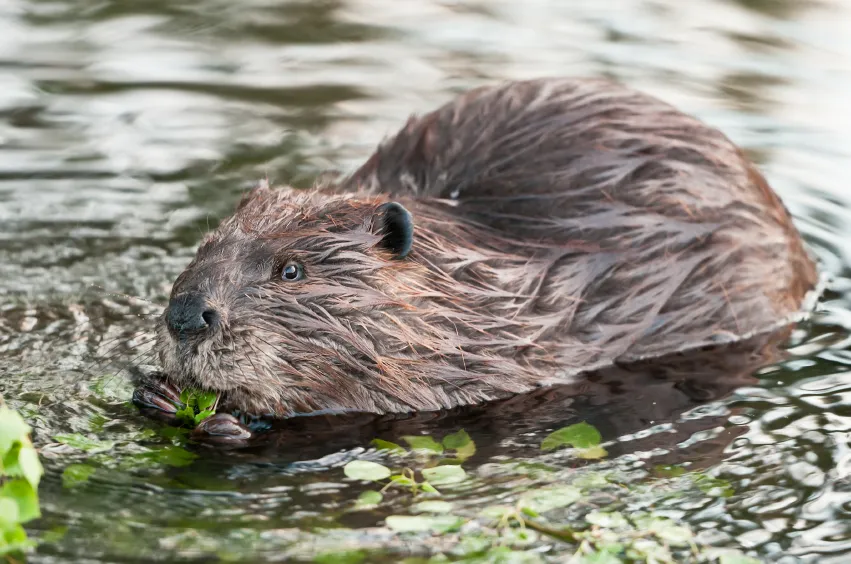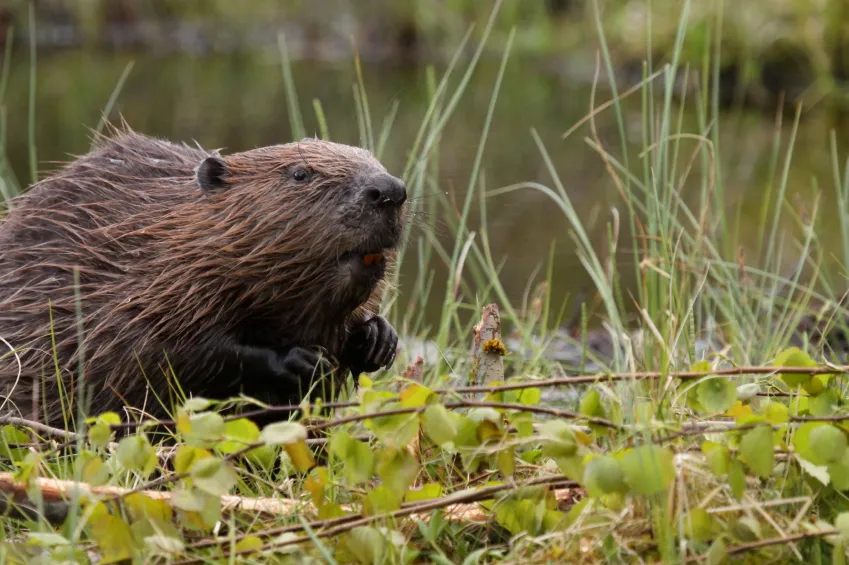Following Natural England’s decision to allow the population of ten wild beavers on the River Otter to remain in the wild so long as they have all been tested for disease, spoke to Peter Burgess of the Devon Wildlife Trust (DWT), which is charged with monitoring the wild population.

What’s the next step?
“The first stage is the capture the beavers and test them for the parasite Echinococcus multilocularis (EM), which can in very rare circumstances be passed to humans and cause serious illness. This disease is currently not present in the UK and can only arrive through imported animals. Apha (the Government’s Animal and Plant Health Agency) will carry the trapping and testing with support from independent vets."
How will the beavers be trapped?
"Using specially built beaver cages. Beavers have a sweet tooth so the beavers will be encouraged to the traps with sugar-rich vegetables such as carrots."
Where will the beavers be held in captivity?
"It’s a local location but unnamed and secure. Not everyone is happy that the beavers are going to be temporarily removed from the wild."
How long will the beavers be in captivity?
"For as short as time as possible. It will take about two weeks to get results from the tests and the animals, if free of disease, will be released immediately after that."
What happens if the beavers test positive for disease?
"In the extremely unlikely event that a beaver tests positive for EM they will be humanely put down by vets. Only adult beavers that have been imported from Europe pose a risk. Juvenile beavers will not be affected."

How many beavers are there?
"There are two groups and we know that one of the groups is breeding. We think there may be as many as ten individuals."
What happens if and when the beavers are released back into the wild?
"It’s the DWT’s job, with support from partners such as the University of Exeter, to monitor the animals. While in captivity, the beavers will be micro-chipped and given small ear-tags so that we can recognize each animal by sight. We want to understand the animals better – their movements and behaviour. We also want to identify areas of potential risk – drainage culverts that might be blocked by their activity for example."
Who is monitoring the animals and how often?
"A whole raft of experts and volunteers will be carrying out weekly visits to the site – perhaps more often. Previous studies have shown that beavers are important to the health of a river system – from providing wildlife habitats to regulating water flow and purity. We will be monitoring the effects, both positive and negative, in changes to wildlife, impacts on the economy and farming, effects on fish populations but also on the communities views about sharing this special landscape with a new species."
What about those people who oppose the presence of beavers on the river?
"We’ve had a huge amount of support from local residents and landowners and we want to work as closely as possible with anyone who might be affected by the beavers’ presence. Some landowners and angling bodies fear that the beavers' tree felling and dam building could cause flooding or impede the progress of migrating fish. We don’t anticipate any significant problems but we will take the time to build relationships – and if there is a negative impact, we hope the landowner or angling body will report it to us and we can monitor and solve the problem, if required."
How long is the study going to last?
"After five years (2020), we will present the evidence, which will be independently overseen. It is too early to anticipate what the outcomes might be but we hope that the beavers will be able to stay long-term and perhaps might even spark further reintroductions in suitable locations."
